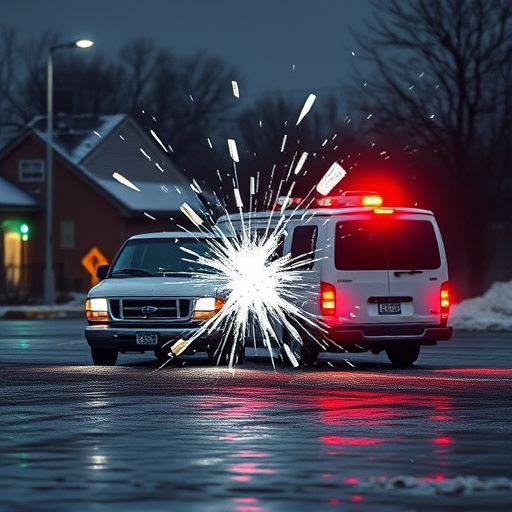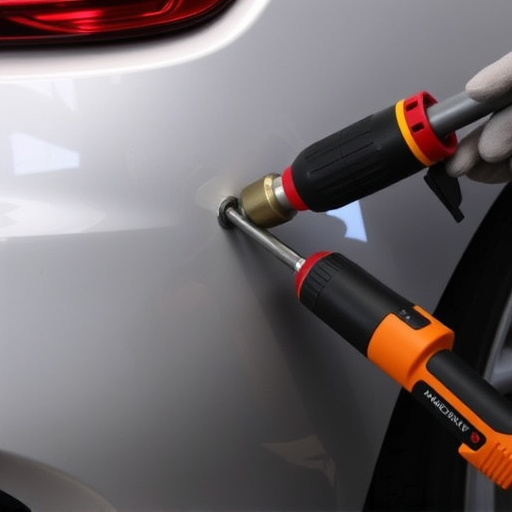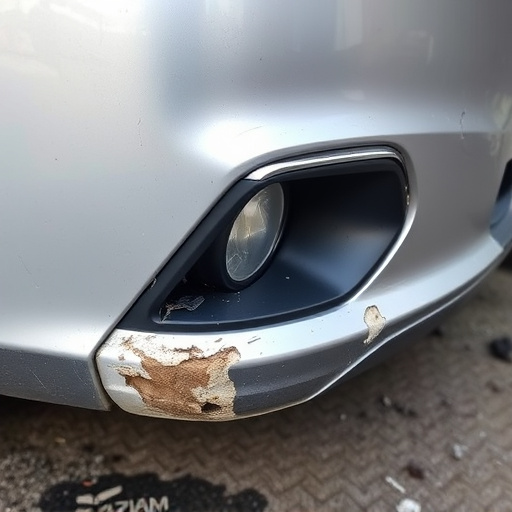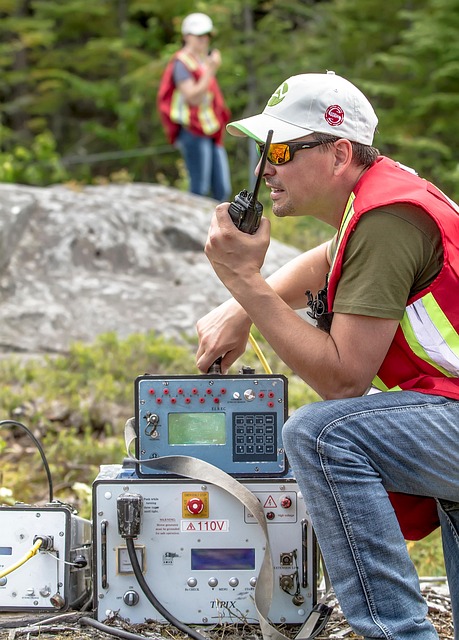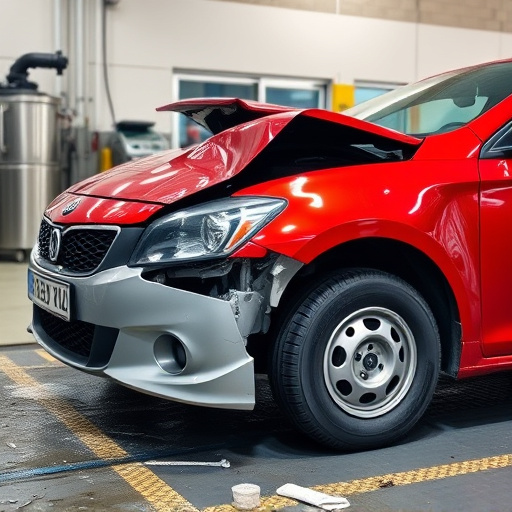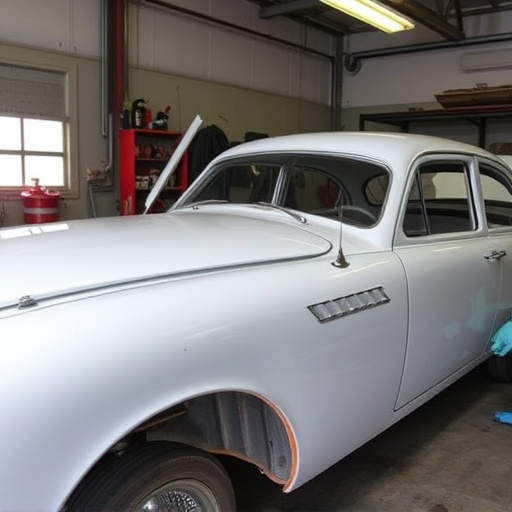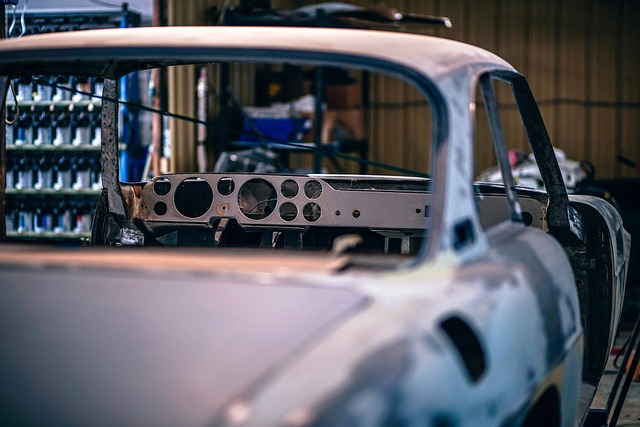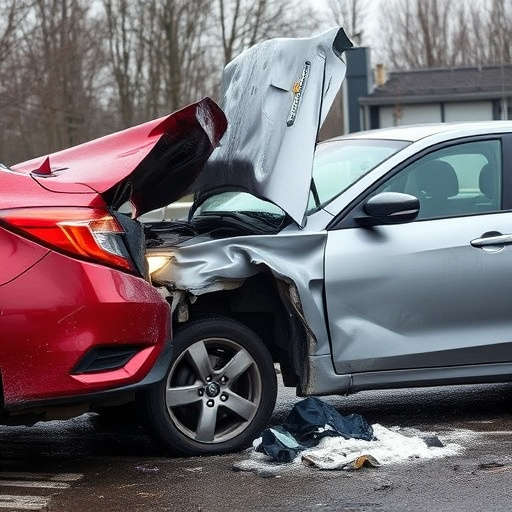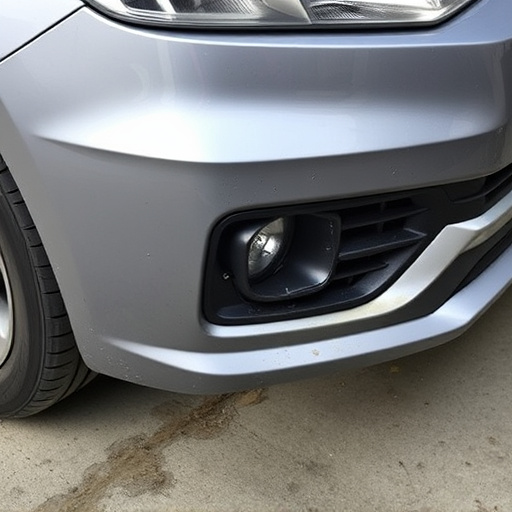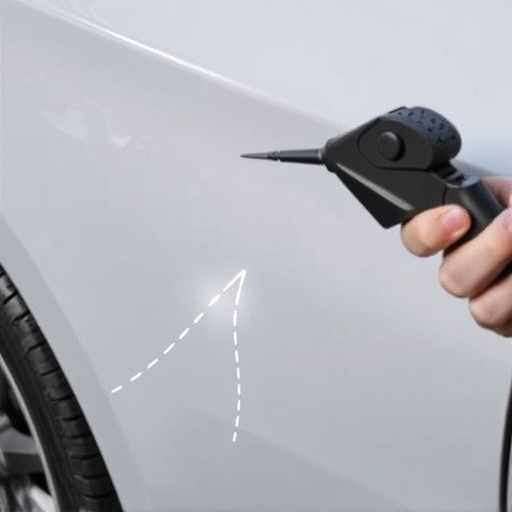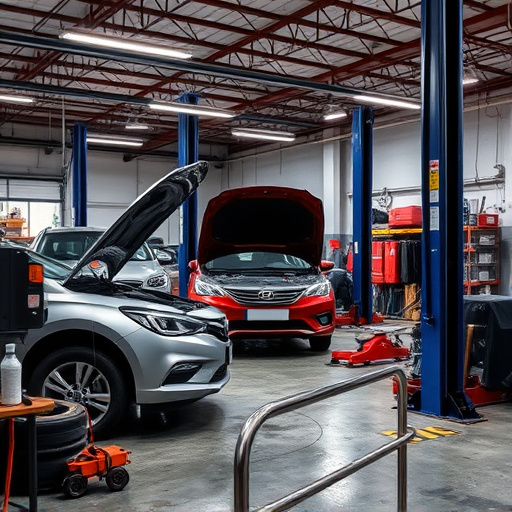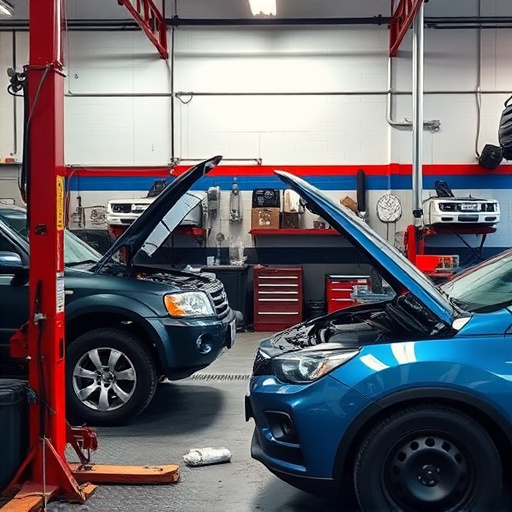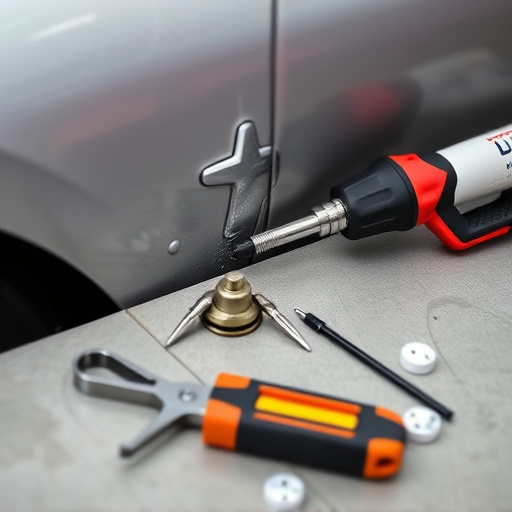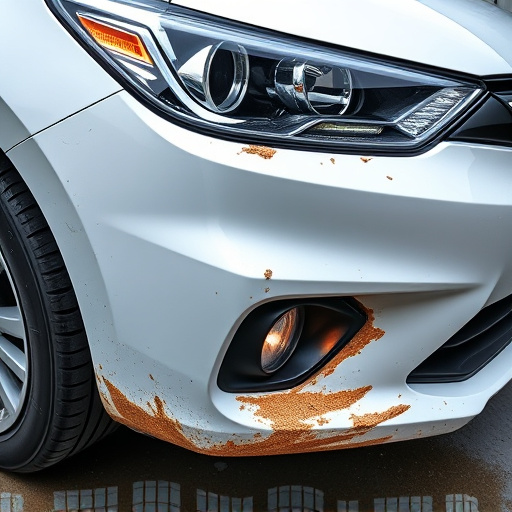OEM certified collision repair ensures skilled technicians use authentic manufacturer parts to restore vehicles to pre-accident condition, preserving safety features and quality. This meticulous approach distinguishes it from non-certified work with aftermarket parts. Choosing a certified shop near you safeguards vehicle value, reliability, and peace of mind with extended warranties, crucial for commercial fleet services. OEM certified repair provides top-tier care using genuine parts designed specifically for your make and model, preserving longevity and visual perfection.
When your vehicle needs repairs, choosing the right path is crucial. This guide breaks down the differences between OEM certified and non-certified repairs, helping you make an informed decision. Understanding OEM certified collision repair ensures top-tier quality and performance, using original equipment parts designed specifically for your car. Learn about key distinctions and the benefits of selecting this proven approach to restore your vehicle’s safety and reliability.
- Understanding OEM Certified Repairs
- Key Differences: Certified vs Non-Certified
- Benefits of Choosing OEM Certified Collision Repair
Understanding OEM Certified Repairs
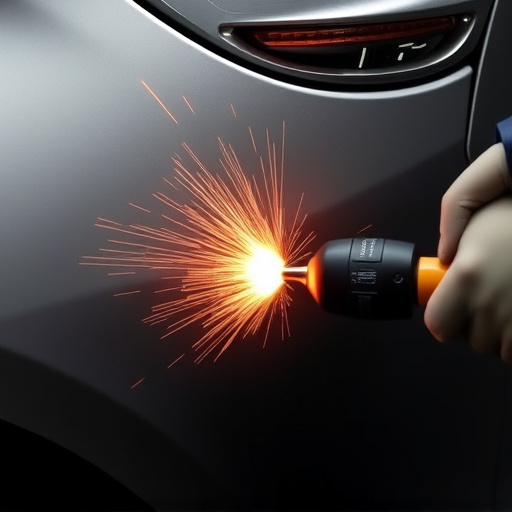
OEM certified collision repair is a process where skilled technicians use original equipment manufacturer (OEM) parts to restore a vehicle to its pre-accident condition. This level of repair ensures that all components, from panels and paint to mechanical systems, match the exact specifications of the original car. When looking for automotive body work, choosing OEM certified collision repair can be beneficial. It guarantees that your vehicle retains its safety features, performance, and overall quality.
This meticulous approach is particularly important for those seeking reliable collision repair services. Unlike non-certified repairs that might use aftermarket parts, OEM certified collision repair focuses on precision and authenticity. If you’re considering auto repair near me, opt for a shop specializing in OEM certified collision repair to ensure your vehicle’s value, safety, and reliability are preserved.
Key Differences: Certified vs Non-Certified
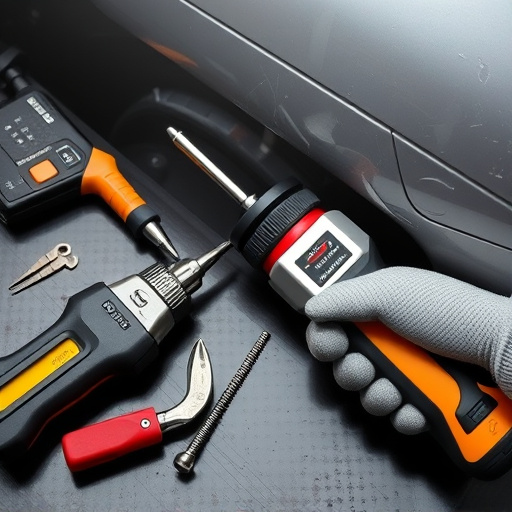
When comparing OEM certified collision repair with non-certified options, several key differences stand out. For vehicle owners, especially those relying on fleet repair services or frequenting a collision repair center, understanding these distinctions is crucial.
OEM certified shops adhere to strict manufacturing standards and guidelines set by the original equipment manufacturer (OEM). This ensures that replacement parts are specifically designed for your make and model, providing optimal fit, functionality, and safety. In contrast, non-certified auto body shops may use alternative or aftermarket parts that, while cheaper, might not offer the same level of quality assurance or compatibility. Moreover, OEM certified repairs often come with extended warranties, offering peace of mind and potential cost savings in the long run, which is particularly important for commercial fleet repair services where vehicles need to be kept on the road efficiently.
Benefits of Choosing OEM Certified Collision Repair
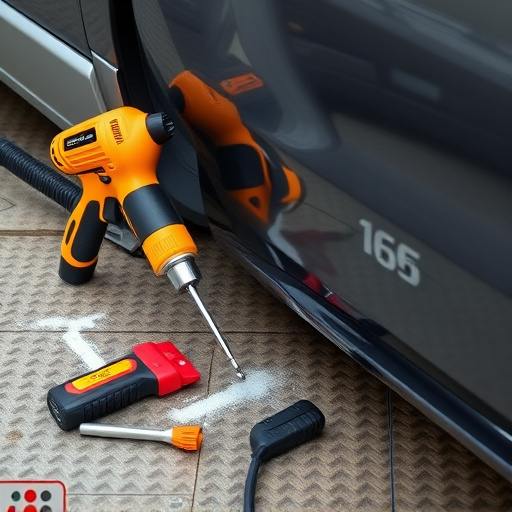
Choosing OEM certified collision repair offers a multitude of benefits that go beyond simple aesthetics. When your vehicle suffers damage, whether it’s from an accident or minor scratches, OEM certified shops use original equipment manufacturer parts designed specifically for your make and model. This ensures not just a visual match, but also optimal performance and safety standards, mirroring the quality of the factory build.
OEM certification is a testament to the shop’s commitment to excellence and their expertise in handling complex collision damage repairs. Unlike non-certified body shop services which may use aftermarket parts, OEM certified collision repair guarantees a seamless fit, superior quality, and often comes with warranties, providing peace of mind for car owners. This level of professionalism and attention to detail ensures your vehicle not only looks like new but also functions as it should, enhancing both its value and longevity.
When considering repairs for your vehicle, choosing an OEM certified collision repair service offers numerous advantages. By opting for certified professionals, you ensure that original equipment manufacturer parts are used, maintaining the integrity and safety of your car. This method also guarantees precise, factory-standard repairs, extending the lifespan of your vehicle. Compare this to non-certified services, where quality and part authenticity may vary, making an informed decision is crucial for both your peace of mind and the longevity of your ride. Thus, prioritizing OEM certified collision repair ensures a superior outcome for your automotive needs.
